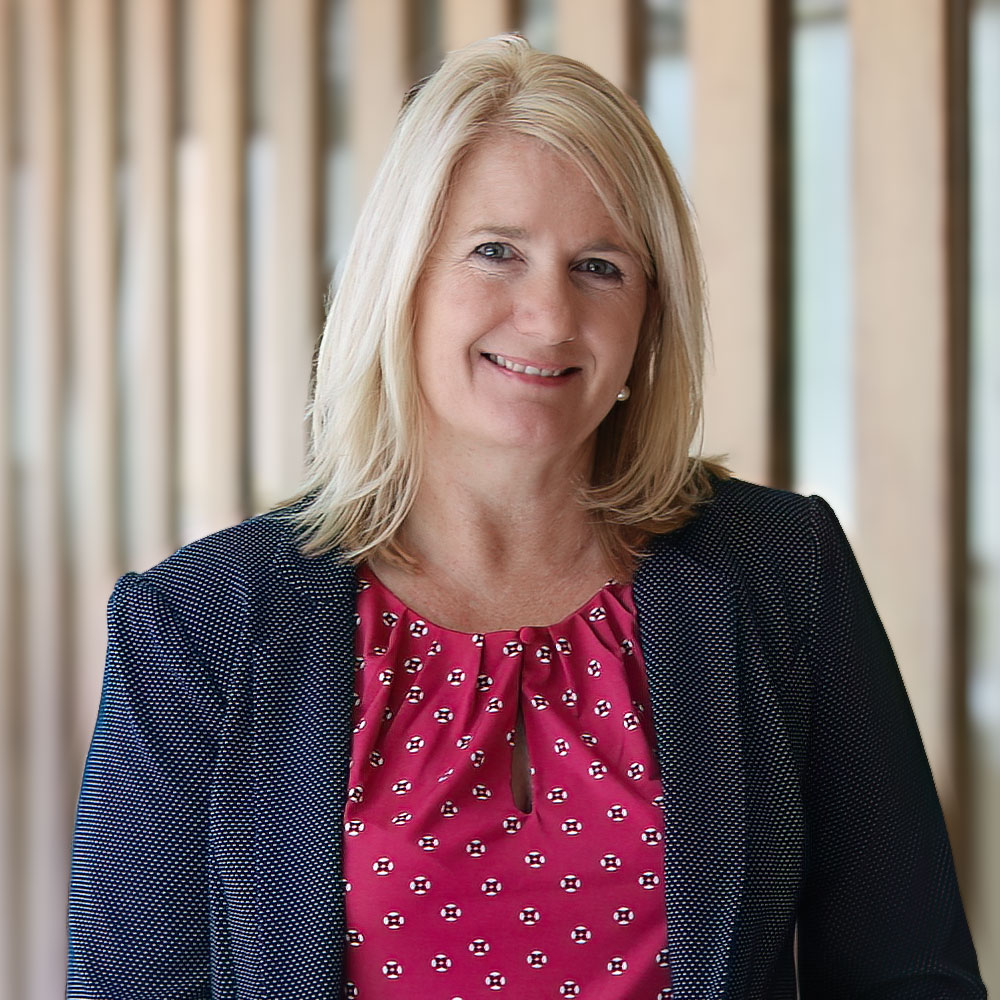Allied health professionals can provide reliable support and guidance.




Children with speech sound disorders have difficulty speaking clearly and making the sounds needed to talk. Sometimes a child may not be able to say sounds with articulators (tongue, lips, teeth, soft palate) in the correct position.
For example, a child may have incorrect position and use of the tongue (lips or tongue thrust) when they say the “s” sound. Some children may also not produce some sounds in words or not use the correct sound. For example, a child may delete some sounds in words, like the “l’ sound and say “seep” instead of “sleep” or a child may say the “t” sound instead of the “k” sound for the word ‘car’. Other people often have difficulty understanding children with speech sounds disorders, so this can impact on the child’s social and emotional development.
Research also indicates that children with speech sound disorders may have more difficulty with literacy (reading, spelling and writing skills).
Children who have difficulty expressing their thoughts, feeling and ideas to other people may have an expressive language disorder.
Children who have difficulty understanding words or information that they hear or read may have a receptive language disorder. Some children have delays or disorders in both expressive and receptive language. The difficulty maybe related to the grammar of the language, vocabulary, or how to appropriately use the language.
It’s important to know that learning more than one language does not cause language disorders in children. But a child with language disorder will have the same problems in all languages.
Children who stutter often know exactly what they want to say but have difficulty saying it fluently. They may repeat sounds, words or phrases (for example “I I I I want to have one” or “Can I Can I Can I have one”.
They may get stuck on words or prolong the sounds in words. Some children also show struggle (for example facial grimacing) when trying to talk. Children who stutter may avoid talking, social interactions, experience bullying or teasing, or even develop social anxiety.
Early intervention is important and a speech-language pathologist can evaluate, diagnose and provide therapy services for children who may stutter or have other with fluency disorders.
When the quality of a child’s voice is noticeably different to the voices of other children who are the same age and sex, they may have a voice disorder.
Children with voice disorders may have harsh or hoarse voices, or voices that are too high or low, too loud or too nasal sounding.
Children with voice disorders often have voices that wear out easily or they have difficulty projecting their voice.
Children with poor voice quality may make have difficulty communicating effectively, they may lose self-confidence or it affect their interactions with others.
Learning disabilities (disorders) affect how a child’s brain processes information. There are many different types of learning disabilities that refer to problems related to performance in particular areas such as reading performance, math or written expression.
Learning disorders can be diagnosed by clinical psychologists and other specialists through a combination of intelligence testing, academic achievement testing, and observation of classroom performance and social interaction. Other areas of investigation may include perception, cognition, memory, attention, and language abilities.
ADHD affects a child’s ability to maintain fixed attention on a stimulus, control their behaviour, and retain information.
Although ADHD is not considered a learning difficulty, it usually has comorbidity with specific difficulties for learning, language and behaviour.
Executive functioning refers to brain systems that affect cognitive processes related to planning, organization, strategy, attention, and memory.
When a young person has problems in these systems, it also affects their learning ability, engagement in classroom activities, socialization and academic performance.
Sometimes children exhibit challenging behaviour because they lack the social and emotional skills they need to behave the way that is expected or you would like them to. Often when children have poor behaviour, it is a response to feeling anxious, angry or overwhelmed and they are struggling or unable to process these feelings.
Children may also show challenging behaviors when they attempt to gain attention and responses from adults – for some children, even negative attention is preferable to no attention at all. When children have ongoing challenging behaviors it may indicate other health issues or an underlying developmental, social or emotional problem.
Children who have motor function difficulties may have poor motor coordination and/or difficulties with visual perception.
Difficulties with gross motor or fine motor skills affect manual dexterity and and writing skills. These children usually cannot hold a pencil correctly, and writing may be illegible.
Children who have difficulties with visual perception cannot understand the information that they see. This affects their ability to copy, draw as well as reading and writing.
Children with ASD process information in different ways. They often have difficulties with communication, social skills, sensory processing and behaviour.
ASD affects skills that are often used in learning processes, such as language development, social communication and attention, and therefore impact on a child’s success at school.
Executive functioning refers to brain systems that affect cognitive processes related to planning, organization, strategy, attention, and memory.
When a young person has problems in these systems, it also affects their learning ability, engagement in classroom activities, socialisation and academic performance.


Join our mailing list to stay informed about everything happening at Allied Health School Services!

